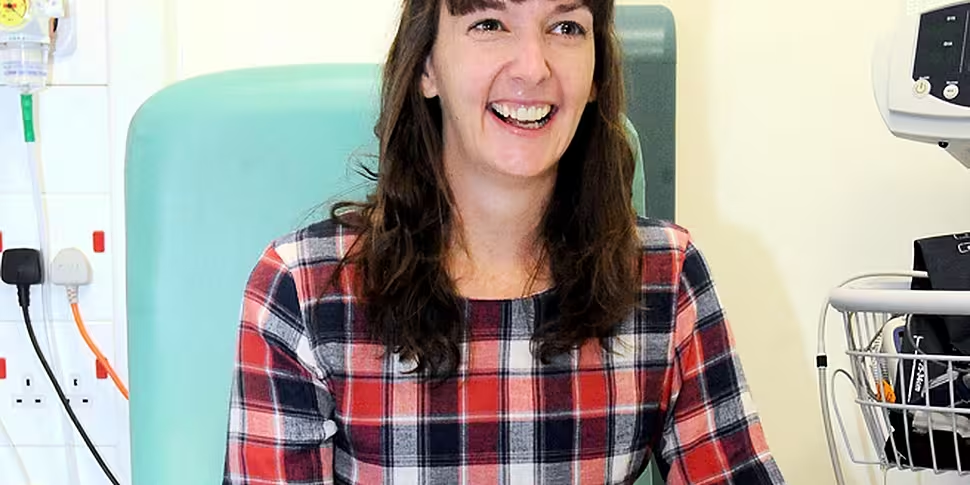Pauline Cafferkey, the British nurse being treated for Ebola, has "deteriorated" and is "critically ill", the Royal Free Hospital has said.
A military plane flew her from Glasgow to London on Friday after an "unusual late complication" caused her to fall ill again.
It was thought she had recovered from the virus.
"We are sad to announce that Pauline Cafferkey's condition has deteriorated and she is now critically ill," said a statement.
"She is being treated for Ebola in the high level isolation unit at the Royal Free Hospital."
Ms Cafferkey contracted the disease after treating patients in Sierra Leone at the height of the outbreak which has killed more than 11,000 people.
She was first treated at the Royal Free Hospital in December and discharged in January.
The 39-year-old from South Lanarkshire won a Pride of Britain Award last month and met the British prime minister's wife Samantha Cameron at Downing Street.
Doctors "missed a big opportunity" to notice Ms Cafferkey had become unwell again, her family have claimed.
Her sister Toni Cafferkey called it "absolutely diabolical" that a GP in Glasgow had sent her home after she went to an out-of-hours clinic.
Twenty-five people recently treated by the nurse have been getting an experimental vaccination as a precaution, having had close contact with her.
In total, 58 people are being monitored but the risk of infection is considered extremely low.
Dr Derek Gatherer, from Lancaster University, says that people who fight off Ebola produce antibodies that "kill off the virus in most bodily fluids".
But he added: "In areas of the body where the immune system is not particularly active - one of these is the central nervous system ... the Ebola virus can survive in very small quantities."
Last week, the three countries at the centre of the Ebola epidemic recorded their first week with no new cases since March 2014.
A Save The Children report said Ms Cafferkey was probably infected because she had used a visor to protect her face after struggling to get her goggles to fit.









